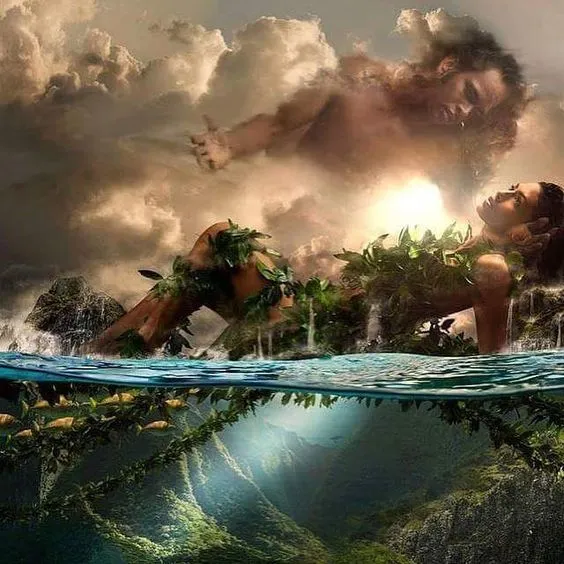Table of Contents
Don Brash
I’m not sure whether to be amused, depressed or angry at the reaction to the article by Richard Dawkins in The Spectator recently.
Richard Dawkins wrote the piece after his visit to New Zealand in late February. I heard him speak in Auckland and he made some comments about matauranga Maori which were consistent with those he had made nearly two years ago, when defending the seven University of Auckland professors who had written to The Listener arguing that matauranga Maori was not in any sense equivalent to science as normally understood.
He deplored the fact that matauranga Maori would be taught in schools as part of the science curriculum:
Unfortunately [matauranga Maori] is deeply invested in vitalism. New Zealand children will be taught the true wonder of DNA, while being simultaneously confused by the doctrine that all life throbs with a vital force conferred by the Earth Mother and the Sky Father. Origin myths are haunting and poetic, but they belong elsewhere in the curriculum.
The New Zealand Herald sought out somebody whom they called a “leading Kiwi researcher” who criticized Dawkins’ article as “boring, embarrassing, inaccurate and full of racist tropes”. This about an article written by a man who was voted the author of the most influential scientific book of all time, The Selfish Gene, in a poll conducted by the British Royal Society in 2017.
Many years ago, New Zealand’s education system was purged of explicitly religious content. “Scripture lessons” were allowed in primary schools, but strictly speaking not in school hours. My impression is that the overwhelming number of schools no longer have “scripture lessons” – our public schools are officially secular.
But apparently, New Zealand schools are obliged to teach matauranga Maori as science.
Imagine the outcry if schools were asked to teach the Christian creation myth, about the world being created in six days – even though I suspect there are more fundamentalist Christians who believe in the literal truth of that myth than there are Maori New Zealanders who believe in matauranga Maori.
Richard Dawkins reminded his audiences in New Zealand that in Ernest Rutherford this country had produced one of the greatest scientists who ever lived. When American author Charles Murray wrote his book Human Accomplishment in 2003, he ranked Ernest Rutherford behind only Isaac Newton and Albert Einstein (and ahead of Michael Faraday and Galileo) in their contribution to the understanding of physics.
If our kids are taught to regard science and matauranga Maori as equally valid, it is hard to imagine that we will ever again produce a scientist of international standing.









